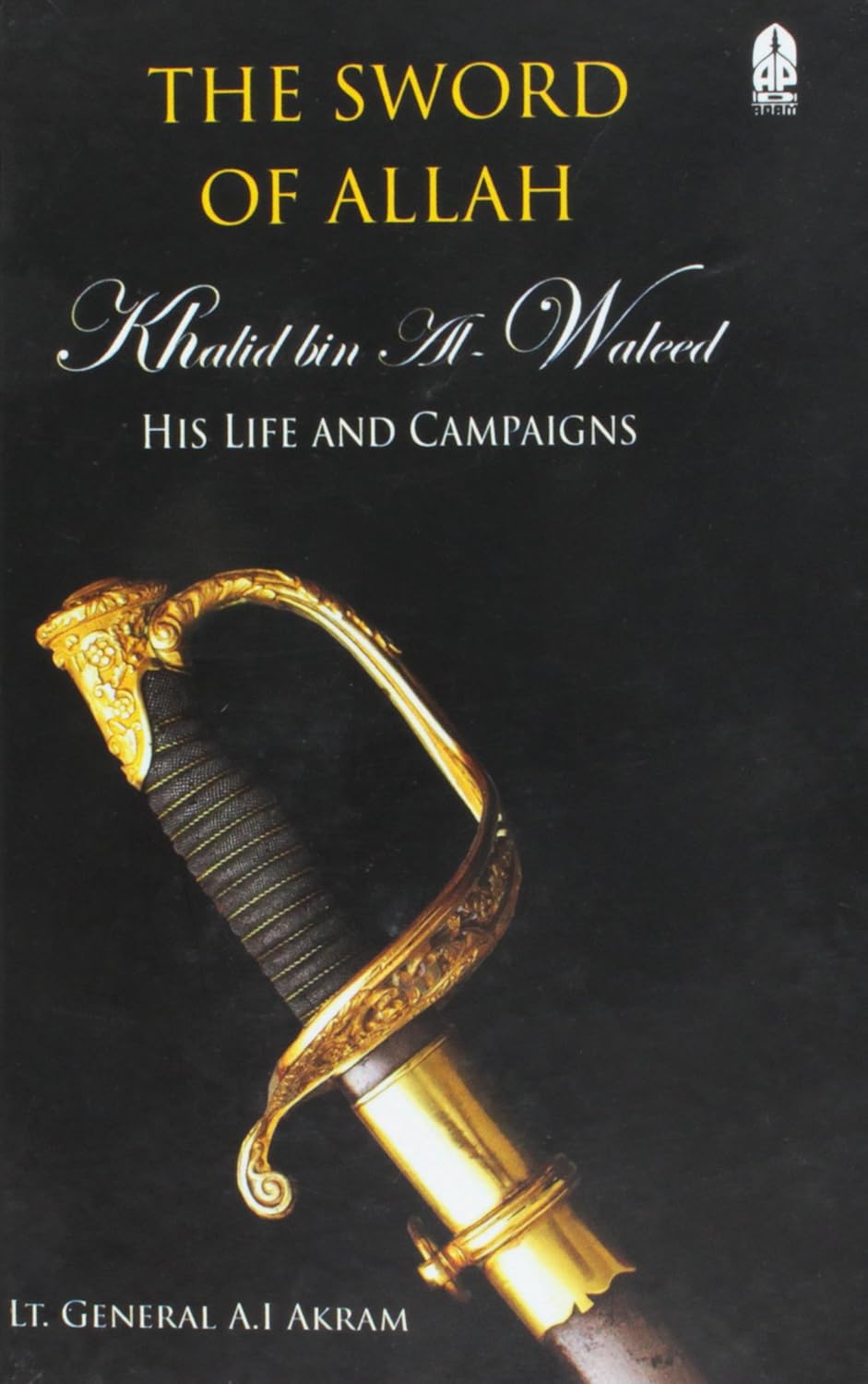About this deal
The time and place that Khalid gained the epithet Sayf Allah ('the Sword of God') varies in the Islamic sources. Historians of the 8th and early 9th centuries indicate the title was awarded to Khalid by Caliph Abu Bakr ( r.632–634) for his successes in the Ridda wars against the tribes of Arabia opposed to the Muslim state. In the mid-to-late 9th century, the first reports began to circulate in Islamic histories that Muhammad awarded the title to Khalid for his role against the Byzantines at the Battle of Mu'ta. [24] Landau-Tasseron, Ella, ed. (1998). The History of al-Ṭabarī, Volume XXXIX: Biographies of the Prophet's Companions and their Successors: al-Ṭabarī's Supplement to his History. SUNY Series in Near Eastern Studies. Albany, New York: State University of New York Press. ISBN 978-0-7914-2819-1. Main article: Battle of Yarmouk The ravines of the Yarmouk River, in the vicinity of the Battle of Yarmouk The first few people who embraced Islam at the hands of the Prophet Muhammad (may Allah exalt his mention) were his wife Khadeejah, may Allah be pleased with her, his adopted son Zayd, may Allah be pleased with him, and his eleven-year-old cousin ‘Ali, may Allah be pleased with him.
Sword of Allah: Khalid bin Al-Waleed - Goodreads
Born in Mecca, Arabia, around 592 CE, Khalid bin Walid belonged to the prominent Banu Makhzum tribe. He hailed from a noble lineage and grew up in a society characterized by tribal rivalries and pre-Islamic traditions. Before embracing Islam, Khalid was a fierce warrior known for his prowess on the battlefield. Conversion to Islam and Loyalty to the ProphetLandau-Tasseron, Ella (1991). "Mālik b. Nuwayra". In Bosworth, C. E.; van Donzel, E.& Pellat, Ch. (eds.). Encyclopaedia of Islam. Volume VI: Mahk–Mid (2nded.). Leiden: E. J. Brill. pp.267–269. ISBN 978-90-04-08112-3. In the books of Seerah it is narrated that the Prophet (peace and blessings of Allaah be upon him) had a number of swords. Some of the scholars said that he had nine swords, but there is no proof of that in the saheeh Sunnah except in the case of only one. Elisséeff, Nikita (1986). "Kinnasrīn". In Bosworth, C. E.; van Donzel, E.; Lewis, B.& Pellat, Ch. (eds.). Encyclopaedia of Islam. Volume V: Khe–Mahi (2nded.). Leiden: E. J. Brill. pp.124–125. ISBN 978-90-04-07819-2.
Khalid ibn al-Walid - Simple English Wikipedia, the free
I have had nice moments in my life. But the feeling I had while standing on Mount ‘Arafaat on the day of 'Hajj' (pilgrimage), was the most unique. I felt exalted by the indescribable spiritual atmosphere there, as over a million and a half pilgrims invoked God to forgive them of their sins and bestow on them His choicest blessings. It was an exhilarating experience to see people belonging to different colors, races and nationalities, kings, heads of states and ordinary men from very poor countries all clad in two simple white sheets praying to God without any sense of either pride or inferiority. It was a practical manifestation of the concept of equality in Islam."
Clearly these are all highly accomplished men of war and rightly deserve their recognition as some of the most gifted battlefield commanders and strategists in history, there are yet others who deserve to be held in similarly high esteem. Chief among these is Khalid bin al-Waleed, Islam’s first great general and a man so accomplished in war and personal combat that the Islamic Prophet Muhammad himself gave him the title of “The Unsheathed Sword of Allah”.
 Great Deal
Great Deal 